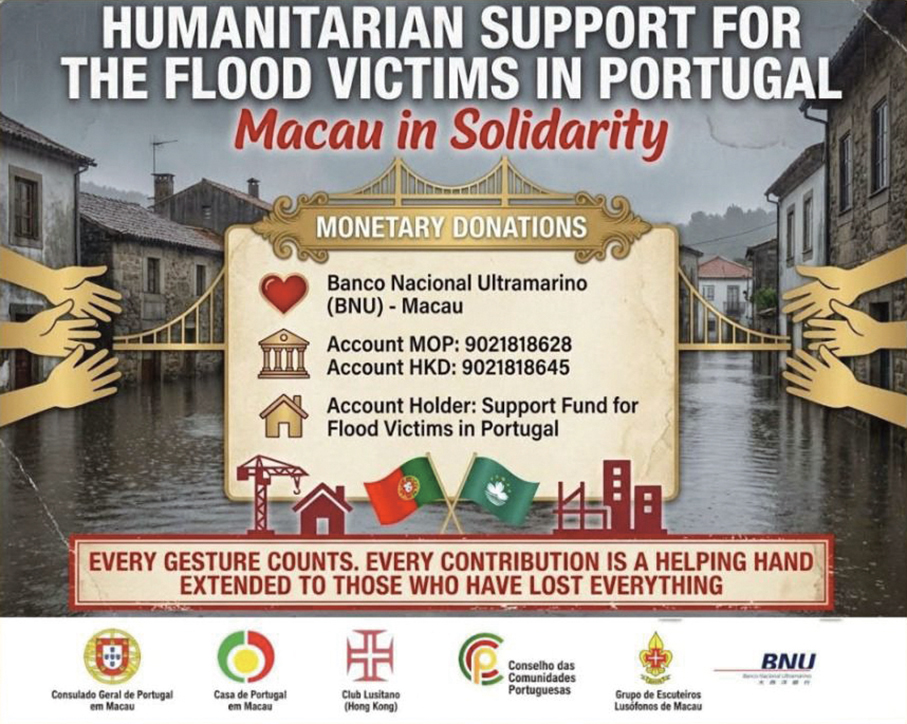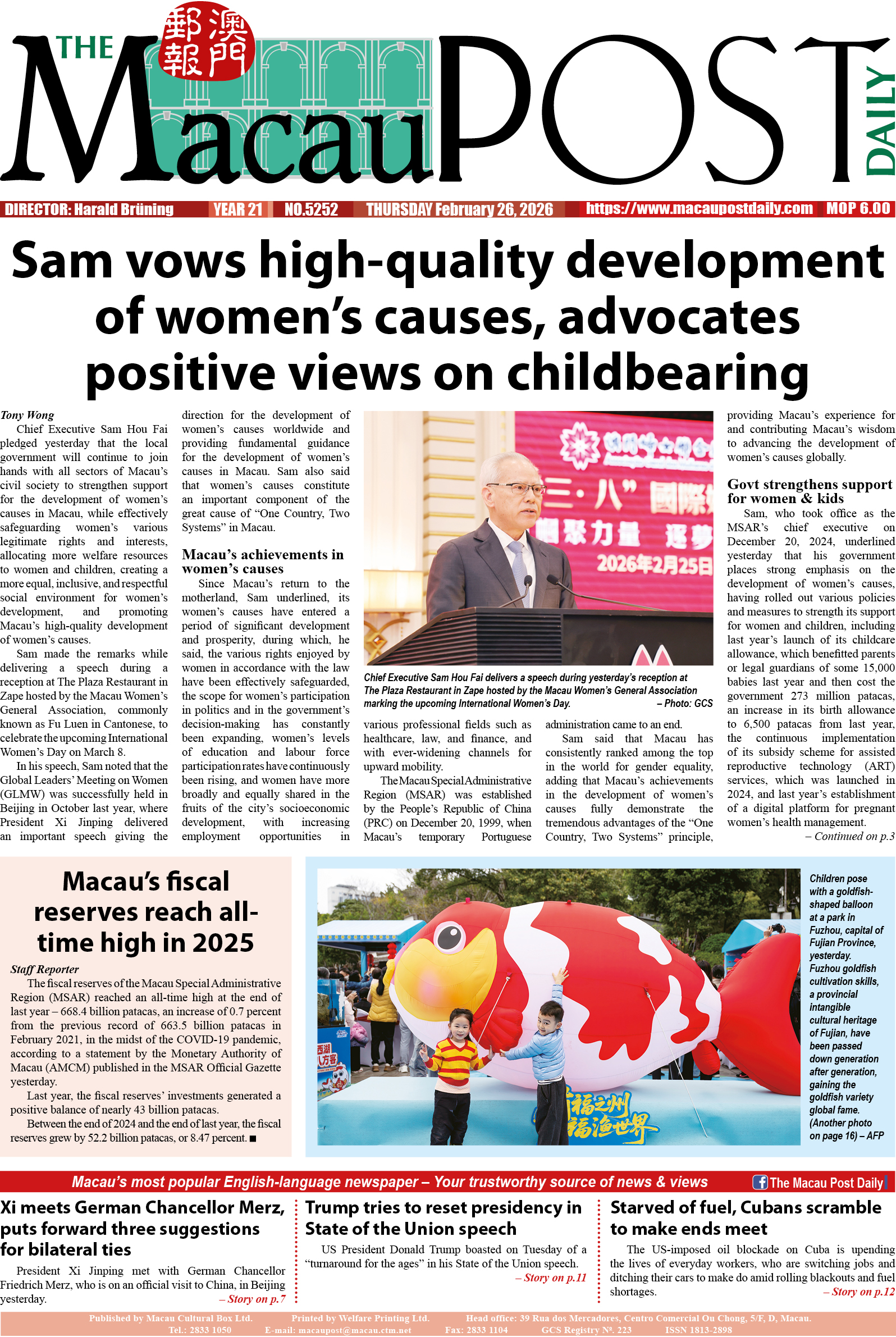Editorial
Premier Li Keqiang said at his annual press conference following the nation’s “two sessions” on Friday that the central authorities will continue to make their COVID-19 response “more scientific and more targeted” based on the epidemic situation and new developments and features of the novel coronavirus.
Li pledged that the authorities will continue to prevent and control the epidemic to protect people’s life, health and safety to keep up the normal running of work and life, and ensure the security of industrial and supply chains.
I agree with the central authorities’ pragmatic approach towards tackling the novel coronavirus menace, based on its so-called “dynamic COVID strategy” that is starkly different from the West’s all-too-frequently haywire approach that often seems to be determined by political rather than medical considerations such as election cycles and certain politicians’ falling approval ratings.
Liang Wannian, head of the National Health Commission’s COVID-19 leading task force, elaborated in January on the “dynamic zero-infections policy”, which was launched in August last year: “Under the overarching goal of preventing imported infections and domestic flare-ups, this policy means that when a new local outbreak occurs, measures will be taken to promptly stem the spread of the virus and clear new infections.”
“This approach is the best option and the guiding principle of China’s disease control work. We must resolutely adhere to the policy and protect the health and safety of the population as the top priority,” Liang said.
Based on the policy, the authorities decided last night to swiftly lock down Shenzhen, a megalopolis of 17 million people (about the population of the Netherlands) in response to an Omicron outbreak.
I am quite optimistic that the authorities will be able to nip it in the bud. If only Hong Kong could finally get its act together and learn from the successful approach by the authorities in the mainland and Macau. Some of my local Chinese media friends surmise the main problem in Hong Kong isn’t the virus but its people – both common citizens and senior officials – many of whom still don’t seem to understand that individual and collective discipline (such as always wearing facemasks when out and about and getting fully vaccinated) is the sine qua non to vanquish the disease. A “light” version of a lockdown doesn’t work.
A common misconception in the West is that the “dynamic COVID-19” strategy is aimed at achieving zero infections.
National Health Commission (NHC) officials have repeatedly underlined that while currently they are not capable of ensuring that there will be no more domestically transmitted infections, they are capable and confident of stamping out local COVID-19 infection clusters as swiftly as possible.
The NHC officials have also again and again stressed that their strategy means not letting COVID-19 spiral out of control, but actively controlling it – and this requires timely action and pinpoint accuracy.
Indubitably, the highly infectious Omicron variant has further complicated the struggle against the pandemic.
NHC experts have said that the “dynamic COVID strategy” means having zero tolerance for slow responses to outbreaks.
While one can expect the central authorities to cling to their “dynamic zero-COVID” strategy, they will certainly heed Premier Li’s advice that they will have to make their response to the disease “more scientific and more targeted” in the months to come.
Incidentally, the strategy is also known as “Find, Test, Trace, Isolate and Support” (FTTIS), which is in obvious contrast to the West’s “living with COVID-19” strategy which treats the novel coronavirus as an endemic illness. I fear that ultimately “living with” the virus is little more than an ugly euphemism for “dying with” COVID-19. Anyhow, let’s see how the battle against the novel coronavirus will proceed in the years to come. COVID-19 has pestered us for much too long, but let’s be realistic, it has been around for “just” about 2 years and a few months (well, we still do not know how, when and where the virus came into existence; we only know where and when it was first detected, which is something entirely different).
The “dynamic zero COVID strategy” has certainly worked very well in Macau. Since January 22, 2020, when the first local novel coronavirus cases was confirmed, Macau’s COVID-19 death toll has remained at zero.
Well, I do remember from my statistics classes that zero is the most important number in mathematics and that it is neither a positive nor a negative integer. But as far as the COVID-19 death toll is concerned, zero is, naturally, a VERY positive number.
According to the real-time statistics website worldometers.info, among the 225 countries and territories affected by COVID-19, as of yesterday Macau was among just nine that had not recorded any novel coronavirus-related fatality along with Cook Island, Falkland Islands/Islas Malvinas, Vatican City, Marshall Islands, Saint Helena, Micronesia, and Niue.
That’s an achievement that Macau and the other eight “zero COVID-19 fatality” jurisdictions can be proud of. Macau’s COVID-19 tally of 82 is another figure to take pride in. Our health workers deserve, once more, our deep gratitude.
According to worldometers.info, the United States number of deaths stood 993,710 at 3 a.m. today (Macau time) – a number one can sadly expect to exceed one million much too soon. It’s a particularly shocking figure, considering that the US is one of the world’s most developed countries.
Preventing death and serious illness must remain the number-one aim of the fight against the novel coronavirus. Ideally, this will increasingly be achieved by adopting a well-coordinated approach to the COVID-19 response and socio-economic development, while actively promoting international exchanges and cooperation, as Premier Li pointed out in his press conference on Friday, after the annual sessions of the National People’s Congress (NPC) and National Committee of the Chinese People’s Political Consultative Conference (CPPCC) had ended.
Of course, like everyone else I also would like to be able to travel freely again and to see an end to the hardship that the COVID-19 curbs has caused to local businesses, small- and medium-sized enterprises (SMEs) – such as our publishing company – in particular.
However, we must be patient – both as individuals and collectively as our beloved community that we belong to. While it is true that for many local enterprises the predicament has become a threat to their sheer survival, a company that has gone belly up because of COVID-19 can possibly be “resurrected” from the ashes, but humans killed by the novel coronavirus are gone forever – so let’s never forget that saving people’s lives must always remain the most important point of combatting this nasty virus.
– Harald Brüning









